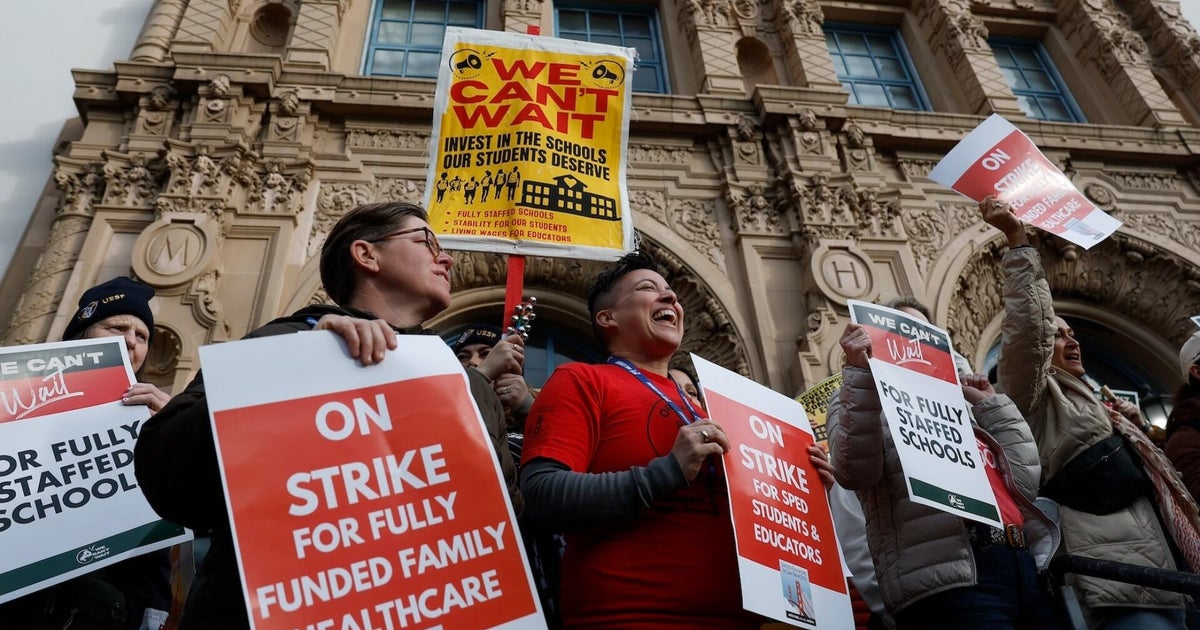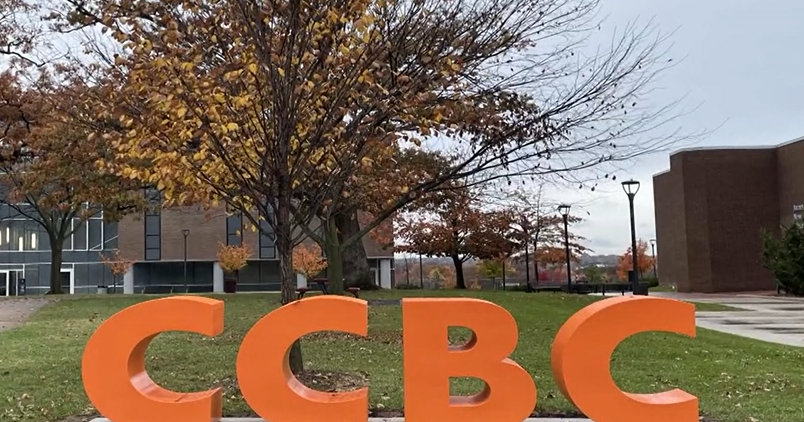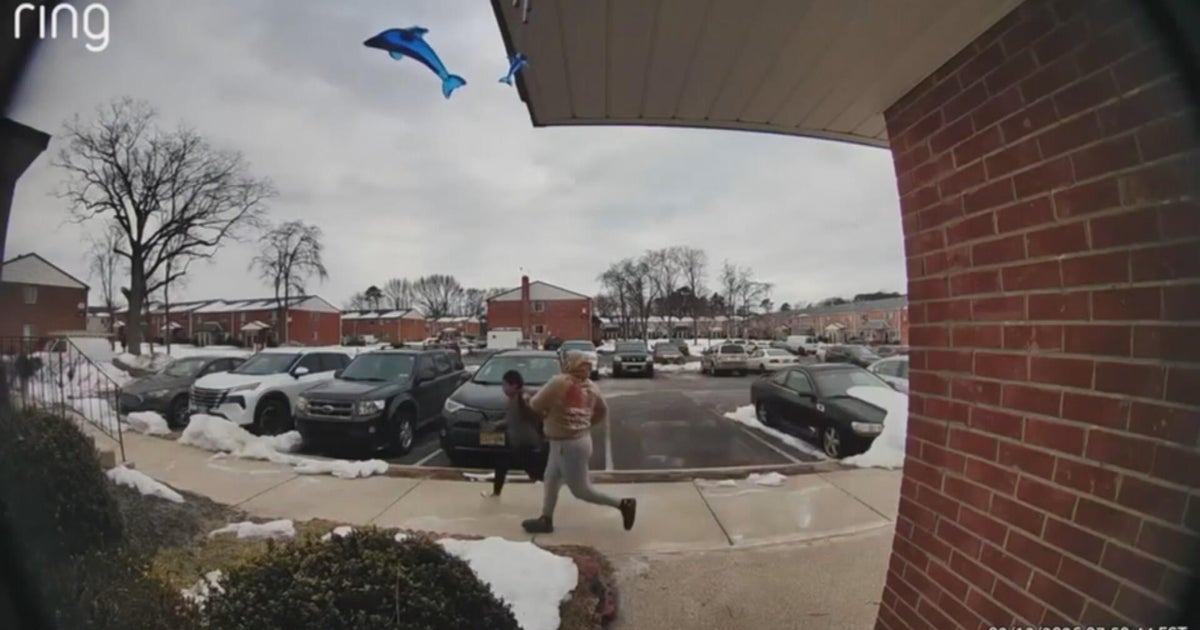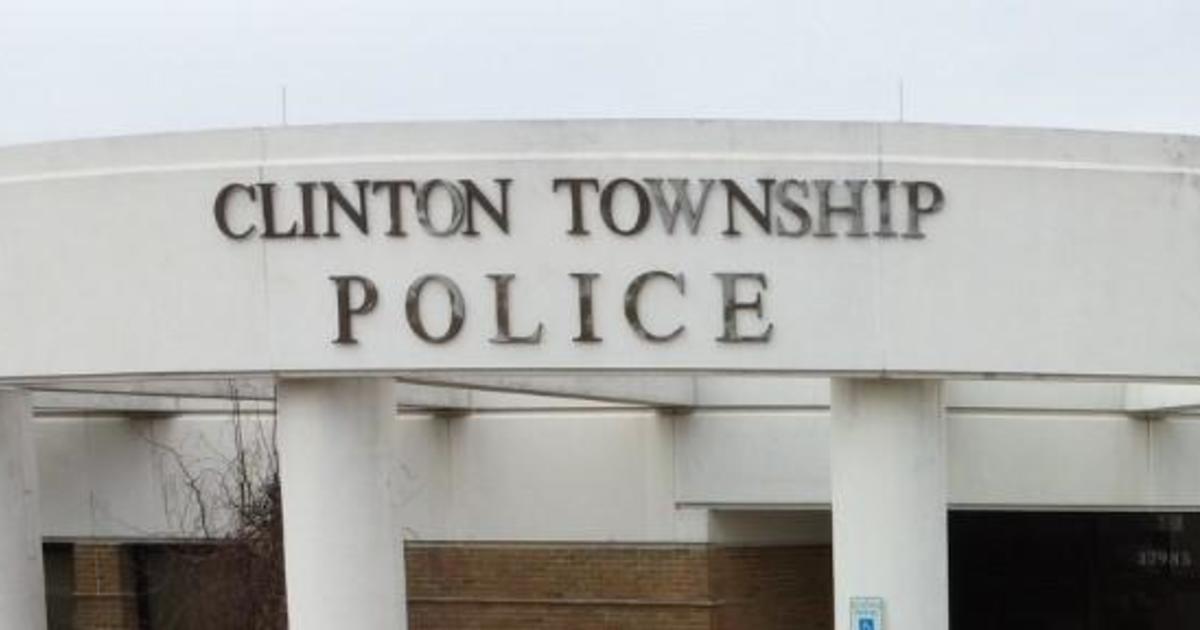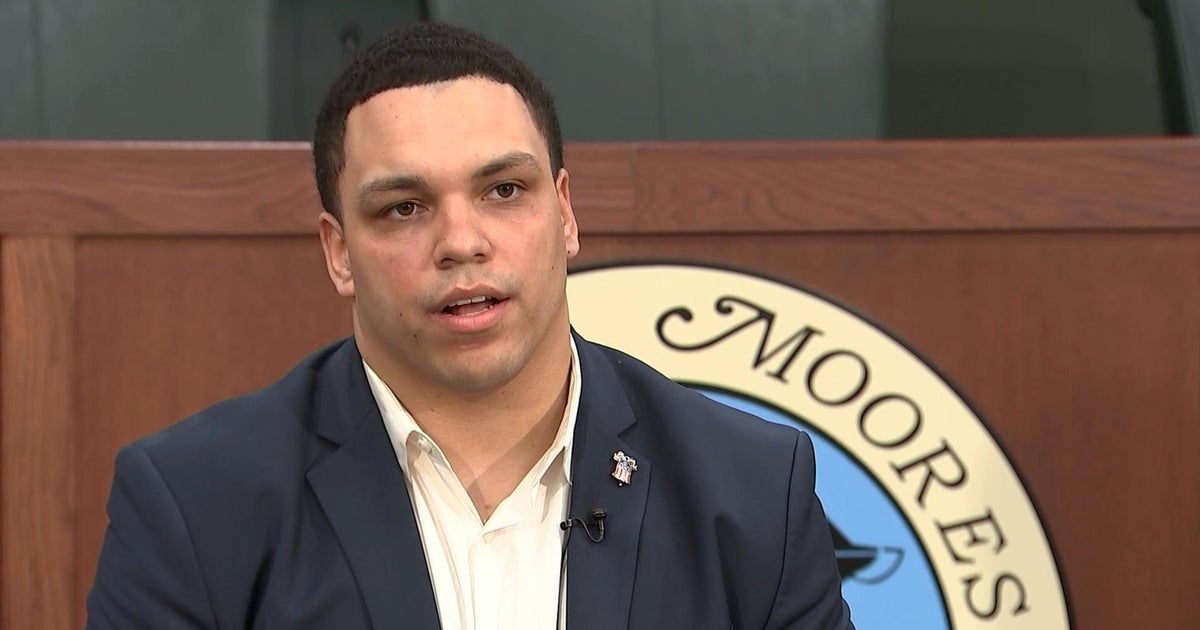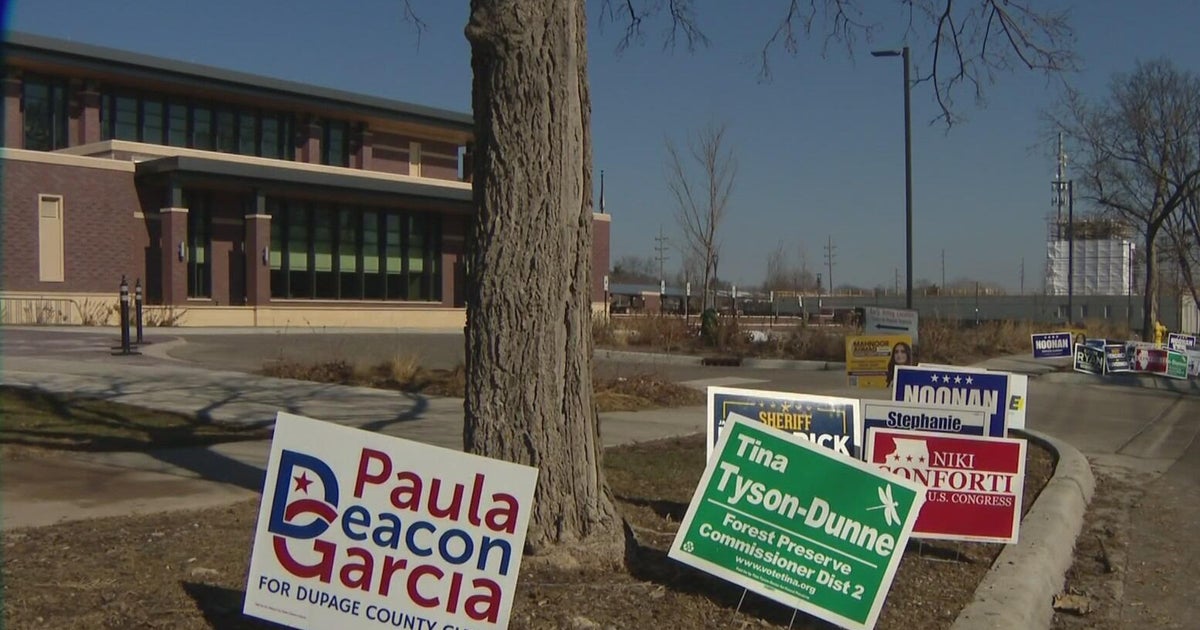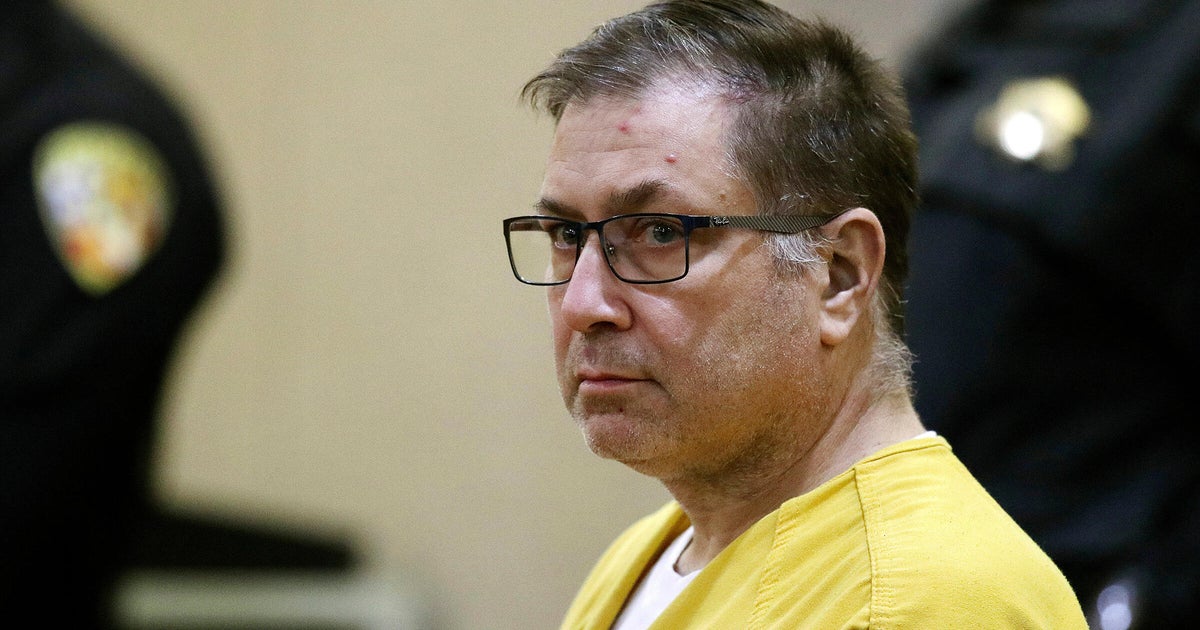New Jersey Schools Rethinking Teacher Evaluations
NEW JERSEY (AP) - School districts across New Jersey have to figure out how they are going to evaluate their teachers — and fast.
It's a complicated question. And under a state law signed last month to make tenure harder to get and easier to lose for educators, districts need to find answers by the 2013-14 school year. The most vexing issue is expected to be determining exactly how standardized test results should fit into the picture.
District officials and teachers unions alike wonder whether that gives most schools enough time to make such big changes.
Matthew Jennings, the schools superintendent in Hunterdon County's relatively high-performing Alexandria Township district, says it had a big head start because it started developing its own tests three years ago. The assessments are given three times a year to every student in every subject area in the kindergarten-eighth grade district and can become key in measuring how much students are learning — a big part of teachers' grades under the new tenure law.
He said those tests have taken years to develop. And if the district had not already done them, this year would be much more stressful. "I certainly would be tempted to look at some of the shortcuts that exist in order to be compliant," Jennings said.
About one-third of New Jersey's nearly 600 districts have some similar position in place or in development already, a New Jersey Education Association researcher said. The rest are expected to have even more of a scramble this school year.
"It's an aggressive agenda if you don't have anything in place now," said Brian Zychowski, the schools superintendent in North Brunswick and the chairman of a state task force on teacher evaluations. His district has been using its own tests for more than a half-dozen years. Schools without such systems, he said, will end up buying commercially available ones to meet deadlines. "They'll be receiving — not being part of the conversation, not trying to shape it."
Robert Goldschmidt, superintendent of schools in Gloucester County's Washington Township, said that it makes sense to follow a model that has already been approved by the state. "There's no need to reinvent the wheel," he said.
How to measure teachers' performance is a technical issue that's become the center of public debate as education policy across the country has increasingly been focused on how much students learn rather than how they are taught.
In short, the evaluations are about to mean more.
Under the law supported by all of New Jersey's major education interest groups and signed last month by Gov. Chris Christie, teachers will have to attain certain marks to get tenure. A string of bad evaluations and they would be fired. Christie would also like to use evaluations eventually to determine which teachers get extra pay and which lose their jobs in case of layoffs.
But traditional ways of evaluating teachers are not sophisticated enough to use for any of those purposes.
Currently, most districts in New Jersey use essentially a pass-fail system based mostly on a limited number of classroom observations by principals. Nearly every teacher passes.
The new law calls for using more rigorous and frequent observations and measures of student performance. The latter can include progress on statewide standardized tests, results from the districts' own tests — like Alexandria is using — and portfolios of pupils' work, among other things. Teachers would be given one of four grades.
In Alexandria and other districts in a state pilot program for a new evaluation system, state tests must account for 35 percent of a teacher's total mark in grades and subjects where they are given. It's not clear whether the same ratios will be part of the state's teacher evaluation regulations, which are being developed.
Even if the regulations tell districts how to weigh statewide tests, they will still have to determine what other factors to use and how to measure learning for students in grade levels and subjects where tests are not given.
How to do it will likely be hashed out in district committees and perhaps school board meetings on a town-by-town basis.
Besides picking evaluation methods, school districts will need to train administrators and teachers. The New Jersey School Boards Association is concerned about not just how to implement the changes, but how to pay for them — especially the cost of training.
Teachers unions are resistant to using the statewide standardized tests too to count for much.
Rosemary Knab, a researcher for the New Jersey Education Association, the state's largest teachers union, said she's spoken to teachers at all 18 districts that tested new evaluation systems last year. In most, she said, the districts worked out details of classroom observations but did not too much on the evaluation component.
"Clearly, it's going to be a huge issue. Most teachers are very worried about that," she said. "The standardized tests don't really match the curriculum."
Like many other education experts, Knab says they were designed to measure the progress of whole schools and districts — not what an individual teacher contributes.
Advocates for using the tests acknowledge they're imperfect but say it's better to use something that is available now and takes into account how much students are learning rather than relying solely on principal's observations of teachers.
(© Copyright 2012 The Associated Press. All Rights Reserved. This material may not be published, broadcast, rewritten or redistributed.)
